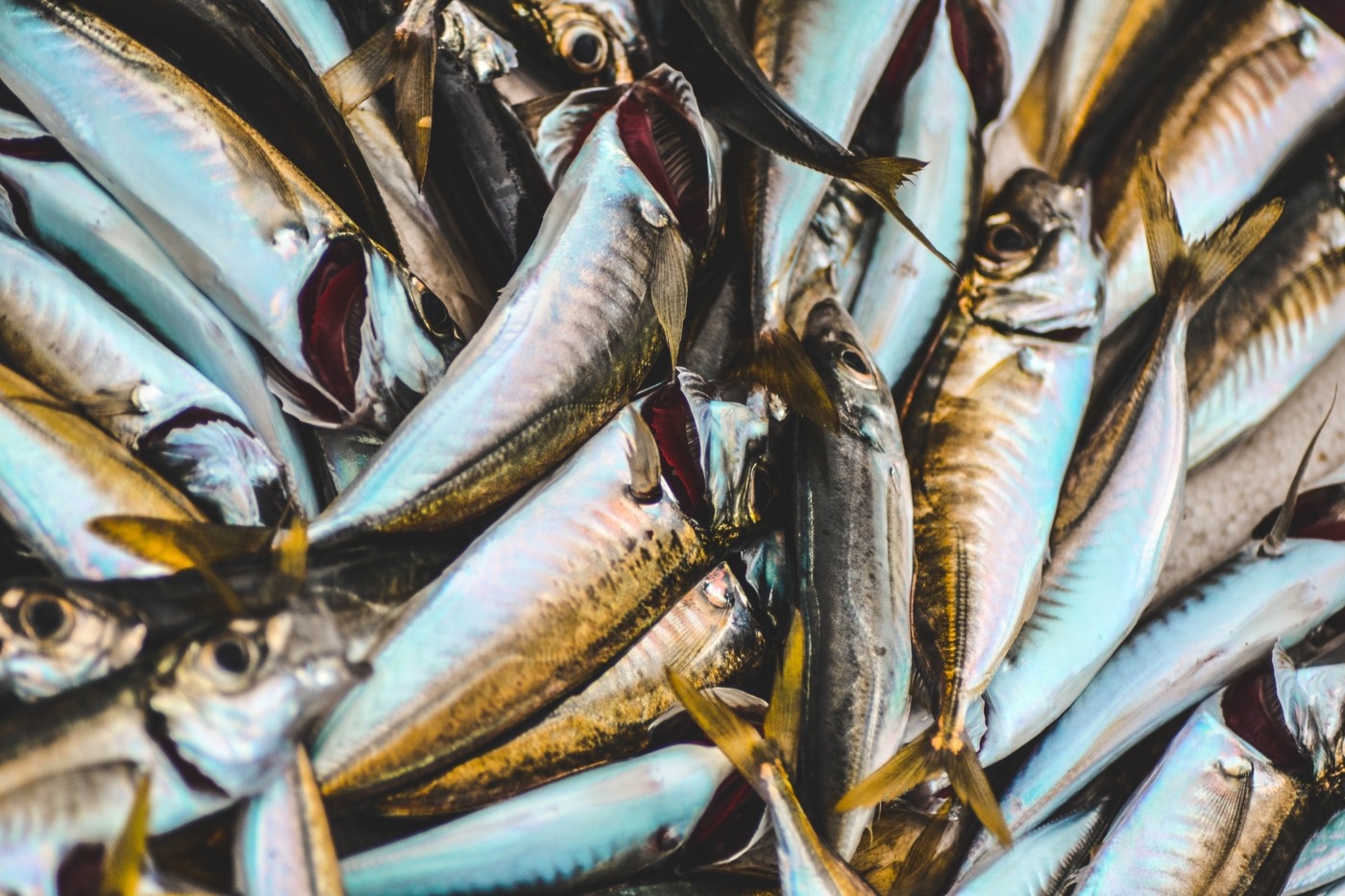The dark side of the fishing industry
When people cite environmental issues as their reason for becoming a vegetarian, most of this thinking stems from the impact on emissions caused by producing beef, or the forests and ecosystems destroyed to make way for farming. There is another factor that is criminally overlooked in modern discussions on the impact our diet has on the environment – the effect of the fishing industry.
Plastic waste such as straws, plastic bags, and bottles are commonly blamed for polluting our oceans. Yet, in reality, the biggest problem is the abandoned fishing equipment that makes up almost half of the floating plastics. Fishing nets, for example, are frequently discarded by fishermen into the sea, both accidentally and intentionally. This ‘ghost gear’ as it is described, can continue to capture, injure, or kill fish well after fishermen intended.
Catching fish is not in itself bad for the environment, it is only when fishing companies engage in overfishing that problems will arise. This occurs when fishing companies, in an attempt to raise their profits, will catch certain species of fish in high global demand at a faster rate than they replenish. Marine biologists have raised concerns over the overfishing of tuna, for example, as it is a slow breeder, and given its surge in popularity, has reached dangerously low population levels. The long-term damage from this will not only destroy eco-systems and push some fish nearer to extinction, but also permanently reduce the profits of such fishing companies and damage the economies of fish-dependent countries.
By putting restrictions on the fishing industry, the damage caused by overfishing to ecosystems could be reversed
According to the Food and Agriculture Organization, the global fish population has diminished by up to 70% since they began recording. This means that fishing hauls in general will be reduced, creating scarcities in small fishing communities that depend on fish as a source of protein. If the fish population continues to fall, we will see more absolute poverty in these communities as fishing is often the primary way for their citizens to make money.
From this, fishermen will resort to using different, more damaging techniques such as trawling. With this method, nets are dragged along the seabed to catch as much fish as possible. In doing so, sediment is displaced and can create murky water, blocking any sunlight from reaching the ocean floor, killing underwater plants necessary for releasing oxygen into the water. This can also destroy coral reefs which are a vital habitat for many sea-creatures, thus disturbing the eco-system even more. The United Nations has pushed for this practice to be banned, but if fishing hauls continue to decline due to the legacy of overfishing, they may be forced to turn to such drastic measures to survive.
So how can we prevent this? The most effective way to reduce the damage to our oceans would stem from intervention from governments and international bodies. Organisations must be willing to implement policies limiting the number of fish caught, the number of boats in a certain area, and ban harmful fishing methods. By putting restrictions on the fishing industry, the damage caused by overfishing to ecosystems may be reversed, as happened in the aftermath of the ‘Cod War’, with foreign fishermen now banned from fishing within 100-miles of Iceland to help cod breed and grow in numbers after years of overfishing from British fishermen.
The only way consumers can help to prevent such overfishing is to boycott endangered species of fish
However, even with quotas in place, not much has changed as they are rarely enforced properly. Despite a resolution passing in the International Commission for Conservation of Atlantic Tuna (ICCAT) to cap the amount of tuna caught at 5000 metric tonnes each year, governments with representatives in the commission are unwilling to enforce such a policy. Countries may also rig these quotas and report false numbers, especially when such fishing is vital to the economy.
It seems, therefore, that the only way consumers can help to prevent such overfishing is to boycott certain endangered species of fish in order to reduce the demand for these fish. Instead, opt for either another species that does not suffer from an overfishing problem, or look for a different protein substitute.

Comments